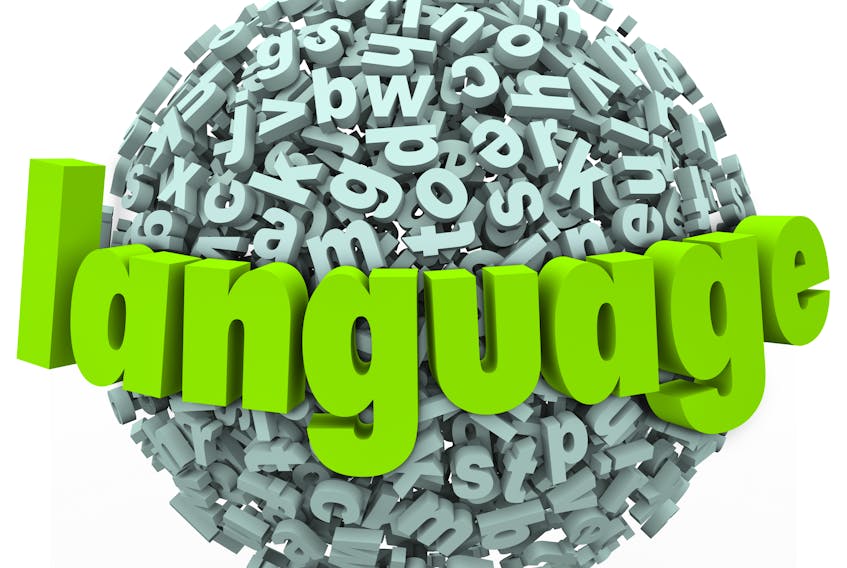Who are you talking to?
Or, more to the point, who are you trying to talk to?
Who are you trying to convince?
Or are you only preaching (or writing) to the already-convinced, the people who are already in your own particular club?

I love language: I love in in all its peculiarities, from the odd shape in your mouth of the word “penguin” to the motive action of the word “thrum.”
How dogs can say “ruff, ruff” when they bark in English, but in Spanish, use the even more onomatopoeic “guau, guau.”
Most of all, I love language because it has so many words to allow us to perfectly reach each other — first and foremost, to communicate.
I wondered about that after running into the very first sentence in a piece on the need for racial change in Toronto’s Now Magazine.
The piece started out with this chunky slab.
“While surviving within economic structures rigidly defined by entrenched racial and neoliberal capitalism, it’s often difficult to speak of the word ‘investment’ without signaling allusions to the stock market or savings accounts. The all-encompassing logics of financialization, extraction and surplus value lead us almost instinctively to images of one day storing up enough money to secure futures riddled with consumption, leisure and social status.”
Fifty per cent of my job is reading — and yet, that collection of jargon stopped me in my tracks. It’s too bad that I failed at the first attempt — the rest is interesting, though not without other frequent examples of shortcut jargon.
If you’re trying to reach the broadest audience possible, dropping words like “late-stage capitalism” or “microagressions” into the flow of your piece stalls the sentence — unless you’re writing for an audience that already knows and accepts the concepts, and reads them the way people might read words like “sun,” “raisins” and “marjoram.”
And if you are only writing for that group, why exactly are you writing? So everyone can reconfirm what they already believe?
(As a side note, I always find the term “microaggression” interesting, because it encompasses within it the concept of aggression. But aggression is factored on deliberate action, and the definition of microaggression refers to actions taken that are generally “subtly and often unconsciously or unintentionally” undertaken, according to the Miriam-Webster dictionary definition. I’d think that “aggression” necessarily intimates will. I am, as you’ve no doubt realized by now, a word nerd.)
...by shoe-horning large concepts into handy buzzwords, we’re actually doing more to isolate than to communicate
But back to the main point I was trying to make: there are close to 200,000 recognized words in the English language, all of them meant to help us communicate with each other — they’re packed with nuance and valuable distinctions, each meant to help us clearly explain what we’re trying to say.
At the same time, by shoe-horning large concepts into handy buzzwords, we’re actually doing more to isolate than to communicate: eventually, we’re just preaching to the choir, and that doesn’t do one single thing to help build an explanatory bridge between different worldviews.
Remember that big block of text from Now Magazine that I quoted earlier on? It’s 64 words and 390 characters long.
What does it actually say? “When we talk about ‘investment’, we’re almost always mistakenly thinking solely about money.”
The sad part is, sometimes it’s not about communicating at all.
As we break ourselves down into smaller, more rigid groups that don’t even try to speak each other’s language, I fear we’re not building a better place: we’re building isolated communities that specialize in fencing the “unacceptable” people out.
I think it’s better to in the long run to use language to more clearly explain where we stand, hopefully with enough colour to make even the educational interesting.
Russell Wangersky’s column appears in SaltWire publications across Atlantic Canada. He can be reached at [email protected] — Twitter: @wangersky
More from Russell Wangersky









